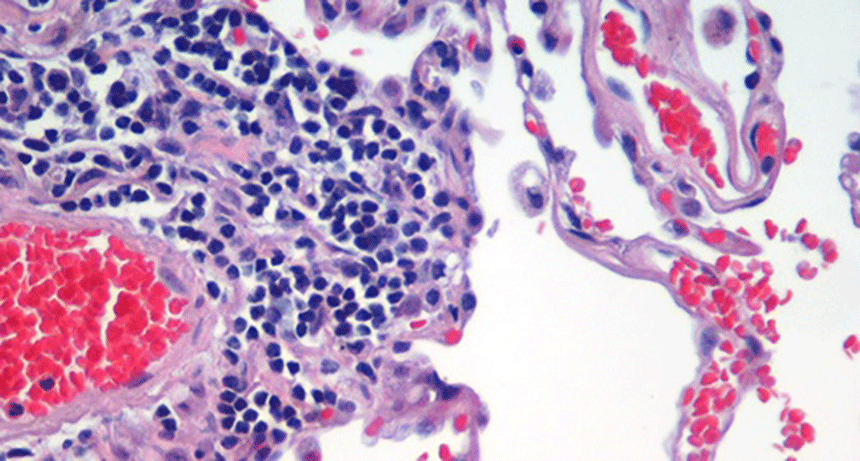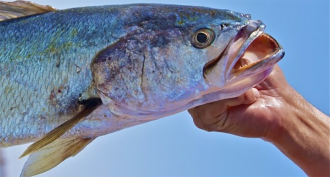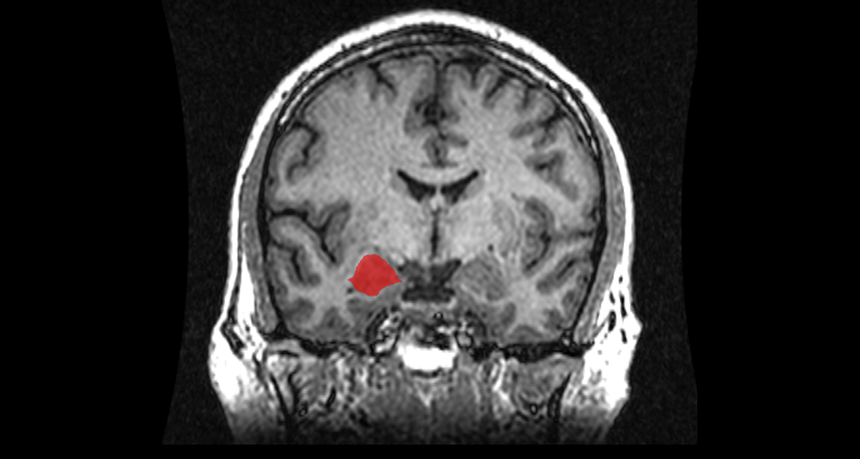
Bethany Brookshire was a longtime staff writer at Science News Explores and is the author of the book Pests: How Humans Create Animal Villains. She has a B.S. in biology and a B.A. in philosophy from The College of William and Mary, and a Ph.D. in physiology and pharmacology from Wake Forest University School of Medicine. She was a 2019-2020 Knight Science Journalism Fellow at MIT, the winner of the Society for Neuroscience Next Generation Award and the Three Quarks Daily Science Writing Award, among others.

All Stories by Bethany Brookshire
-
 Animals
AnimalsThese sharks get help swallowing from their shoulders
Some sharks suck in food by snapping open their jaws. But to gulp it all the way down, they’ve got to give their shoulders a workout.
-
 Space
SpaceScientists Say: Transit
When an object in space passes in front of a star and looks big enough to block out all the light, it’s an eclipse. When it’s smaller, it’s called a transit.
-
 Life
LifeScientists Say: Histology
When scientists study the parts of an animal or plant, they are studying anatomy. When they need a microscope to see the details of that anatomy, they are studying histology.
-
 Earth
EarthScientists Say: Ozone
Ozone is a molecule made of three oxygen atoms. In a layer above the Earth, it protects us from harmful radiation, but too close to home, it can harm our health.
-
 Earth
EarthScientists Say: Speleology
This is the scientific study of caves, which can include what they’re made of, how they form and what lives in them.
-
 Agriculture
AgricultureScientists Say: Domestication
Domestication is the process of deliberately taking a wild organism — a plant or animal for instance — and making it a part of our daily lives.
-
 Microbes
MicrobesScientists Say: Biofilm
When times get tough, some microbes like to stick together. They form a mass stuck to a surface, called a biofilm.
-
 Animals
AnimalsListening to fish love songs can predict their numbers
Gulf corvinas croak for mates while in groups of millions. By listening to their undersea serenades, scientists may be able to estimate how many are out there.
-
 Chemistry
ChemistryScientists Say: Photochromic
Photochromic chemicals change shape when exposed to a specific wavelength of light. The shape change changes the chemical’s color.
-
 Brain
BrainTongues ‘taste’ water by sensing sour
Water doesn’t taste like much, but our tongues need to detect it somehow. They may do it by sensing acid, a new study shows.
-
 Brain
BrainScientists Say: Amygdala
Named after the Greek word for “almond,” the amygdala helps us process emotions, make decisions and form memories.
-
 Brain
BrainBrains learning together act the same
When students are all focused on the same thing, their brainwaves look the same, a new study shows.